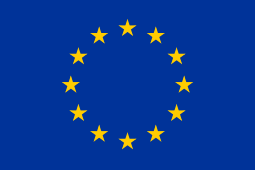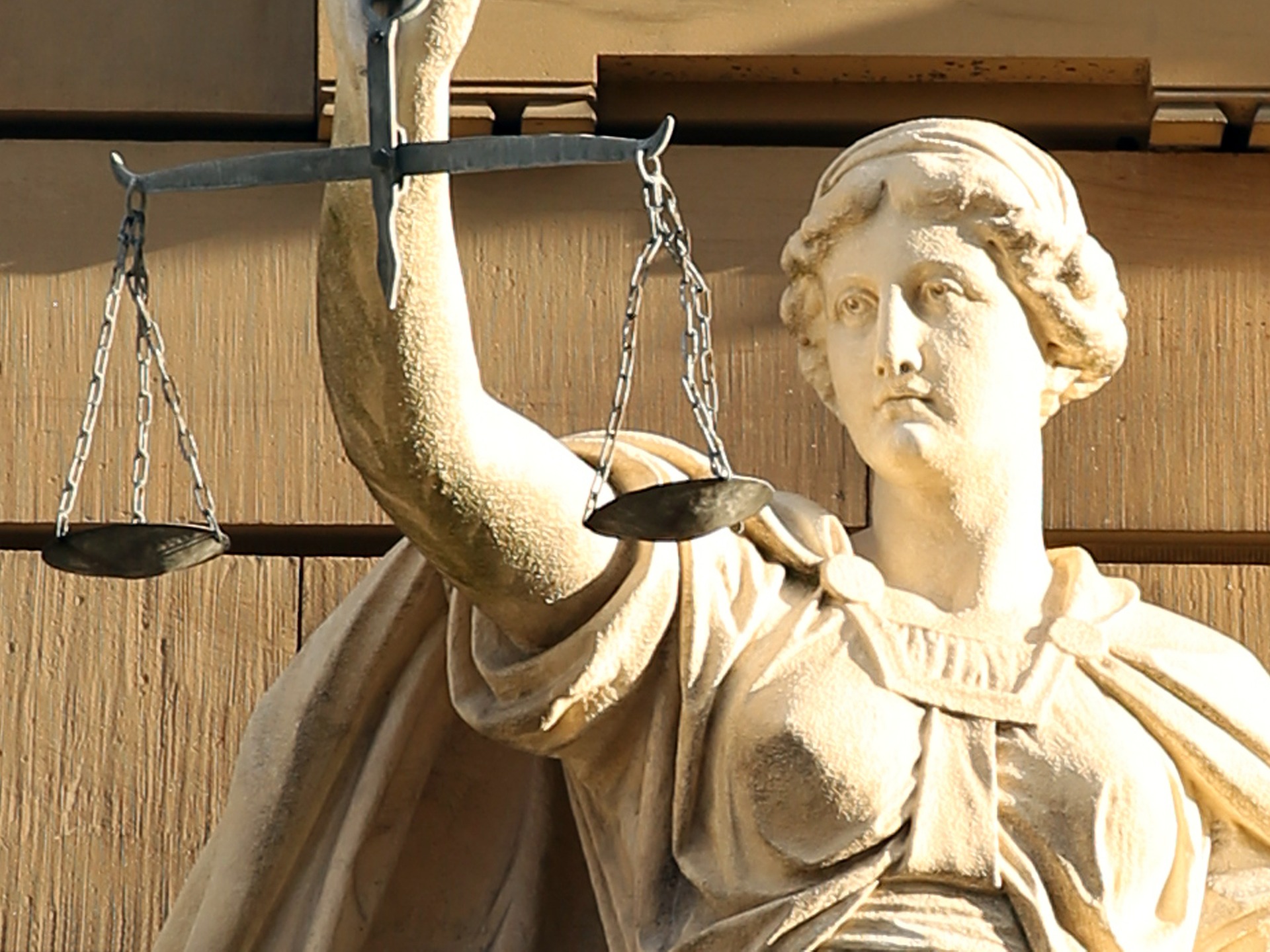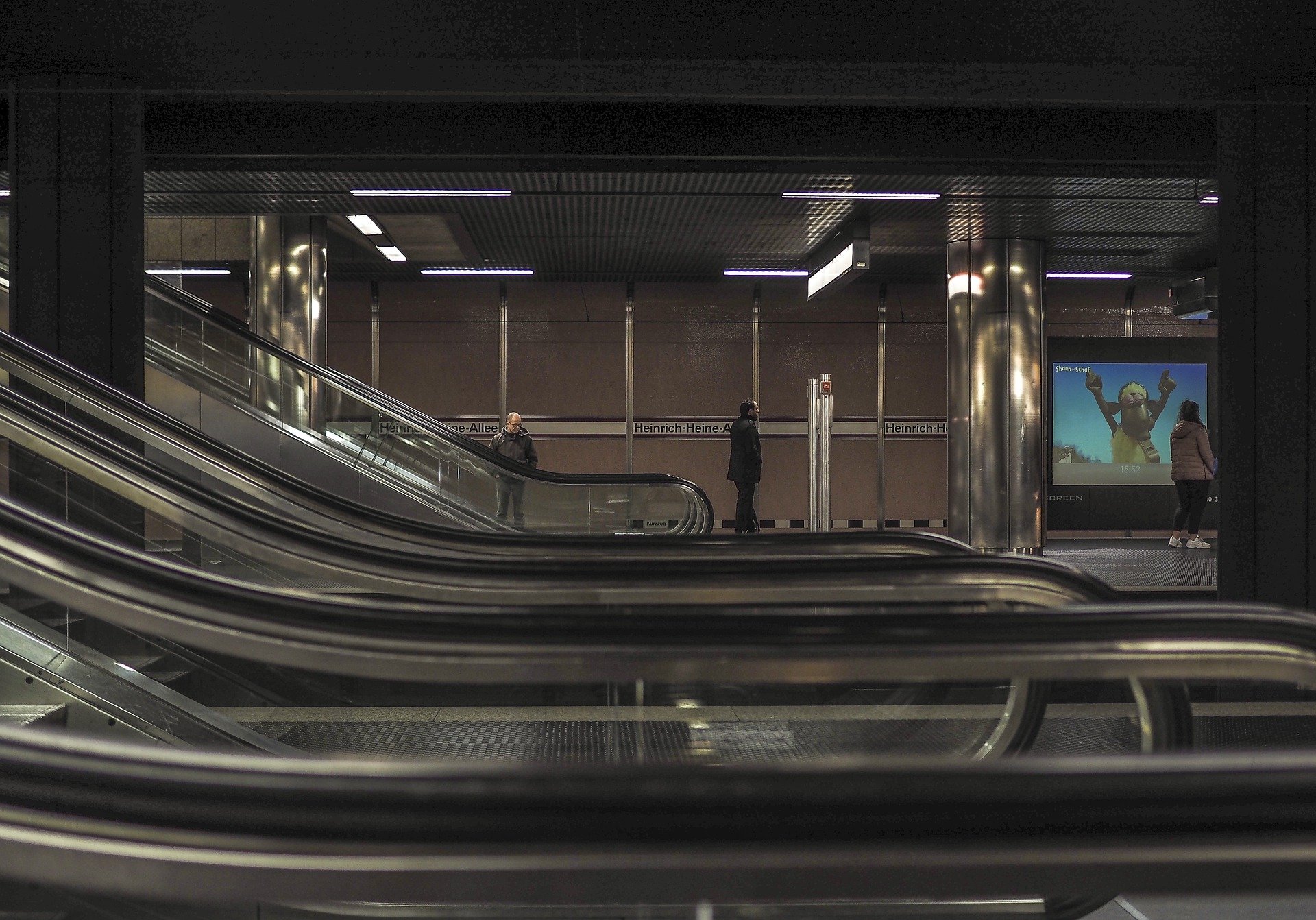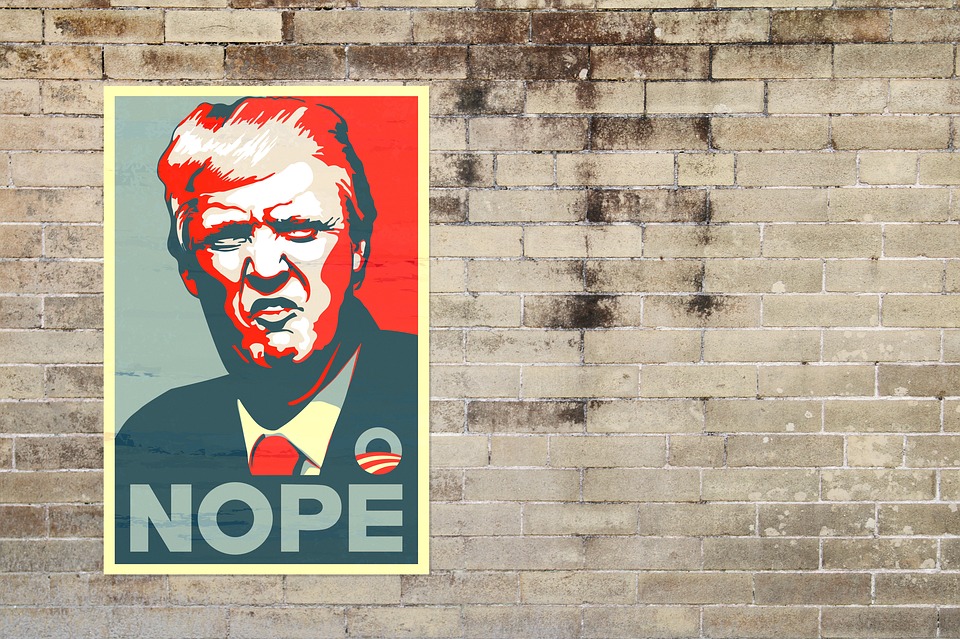Latest blog articles
-
The European Union (EU) and Turkey have a long and multifaceted relationship. In this entry (based on a recent longer analysis) we focus on Turkey’s involvement with the EU’s decentralised agencies, and more particularly on whether and to what extent this involvement can be viewed as a part of a...
-
The Boards of Appeal established for the decision-making agencies perform a function that lies between exercising administrative review, at the one end, and offering judicial review, at the other. It is still unclear in which direction they will ultimately move, and more research in this fast...
-
by Trym Nohr Fjørtoft
In 2015, many European states experienced a massive influx of migrants and refugees seeking protection within their borders. The European Refugee crisis was a crisis in many respects—first and foremost for the people forced to flee their homes, but also for the institution... -
EU agencies are now at the forefront of policy implementation in EU’s migration, asylum and external border control policies for two primary reasons: to overcome the policy implementation gap and enhance interstate solidarity.
-
When the three main institutions adopted the Common Approach on EU Decentralised Agencies in 2012 one of the few innovative elements in this otherwise disappointing non-binding interinstitutional agreement were the provisions dedicated to the selection of the seat of EU agencies. As many EU-watchers...
-
No matter what, cohabitation will highly frustrate LePen in case of her presidency, and reduce the possibilities of Macron, if it does occur.
-
Do the people still have power? Some might feel forgotten and turn to populism promising to give the country back to them. But popular sovereignty is not dead.
-
When Trump tweeted "See you in Court, the security of our nation is at stake" he was absolutely right, but not as he intended it to mean. Because yes, courts are essential for the security of (the citizens of) the state.
-
Published on LBM. Here is a fun word that you may have come across recently: Kakistocracy. Based on the Greek word kakistos (meaning “the worst”), kakistocracy is a system of governance run by the least qualified, most “deplorable” citizens that the State has to offer.
-
Is the Wilders trial a political process - like his attorney Geert-Jan Knoops argues? Is it an impossible task for the judge because, like he said, it is in fact about the party programme of the PVV - and therefore encroaches on the political decision-making process?... This blog is only available...









